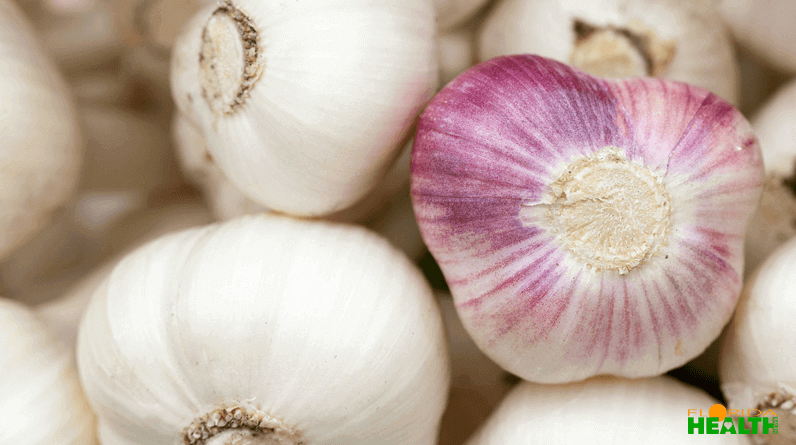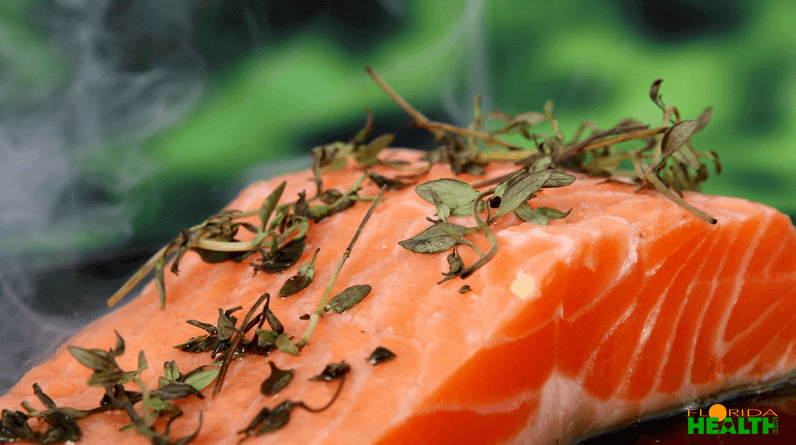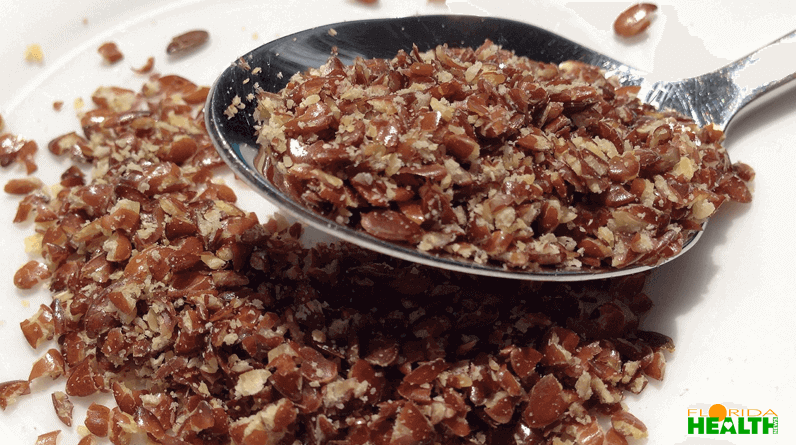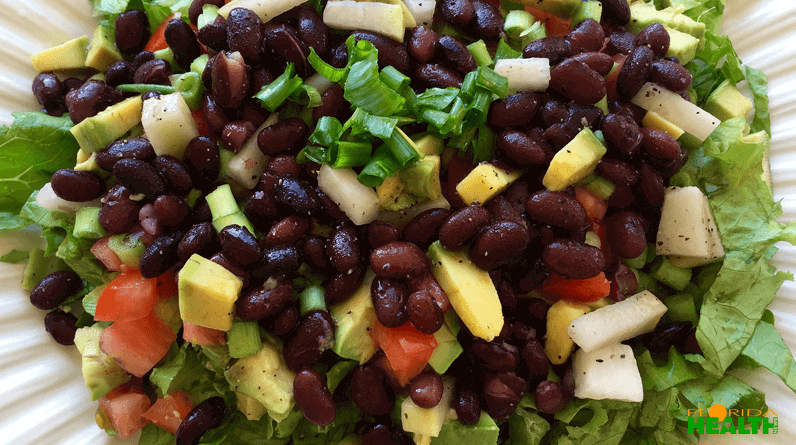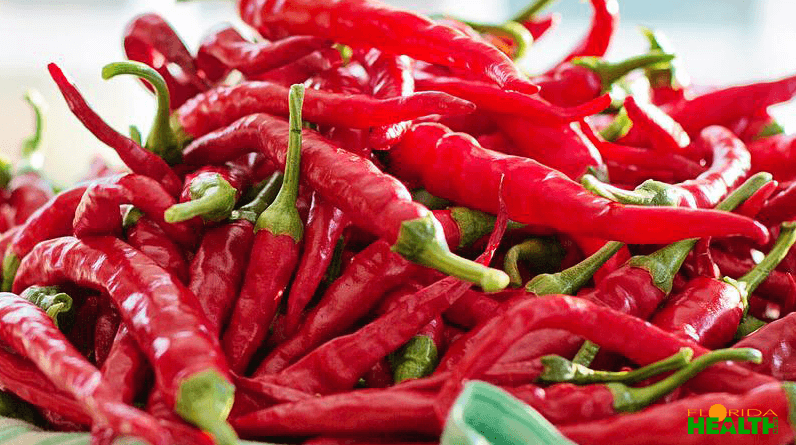
At least that’s what it seems like, based on a study of over 485.000 subjects who “Like It Hot”. Their finding was incredibly interesting, to say the least.
Eating spicy food is associated with a reduced risk for death, an analysis of dietary data on more than 485,000 people found.
Study participants were enrolled between 2004 and 2008 in a large Chinese health study, and researchers followed them for an average of more than seven years, recording 20,224 deaths. The study is in BMJ.
After controlling for family medical history, age, education, diabetes, smoking and many other variables, the researchers found that compared with eating hot food, mainly chili peppers, less than once a week, having it once or twice a week resulted in a 10 percent reduced overall risk for death. Consuming spicy food six to seven times a week reduced the risk by 14 percent.
Rates of ischemic heart disease, respiratory diseases and cancers were all lower in hot-food eaters. The authors drew no conclusions about cause and effect, but they noted that capsaicin, the main ingredient in chili peppers, had been found in other studies to have antioxidant and anti-inflammatory effects.
“We need more evidence, especially from clinical trials, to further verify these findings,” said a co-author, Dr. Lu Qi, an associate professor of nutrition at the Harvard T.H. Chan School of Public Health, “and we are looking forward to seeing data from other populations.”
Also Read: 7 Reasons Why Spicy Food Is Good For You
Spice Food Test

Carl Riedel is an esteemed online researcher and writer, specializing in the intersection of technology and wellness. As a member of the International Association of Therapists, Carl brings a unique perspective to his work, skillfully integrating insights from therapy and digital trends. His articles help readers navigate the complexities of the digital age with an emphasis on promoting mental and emotional well-being.



